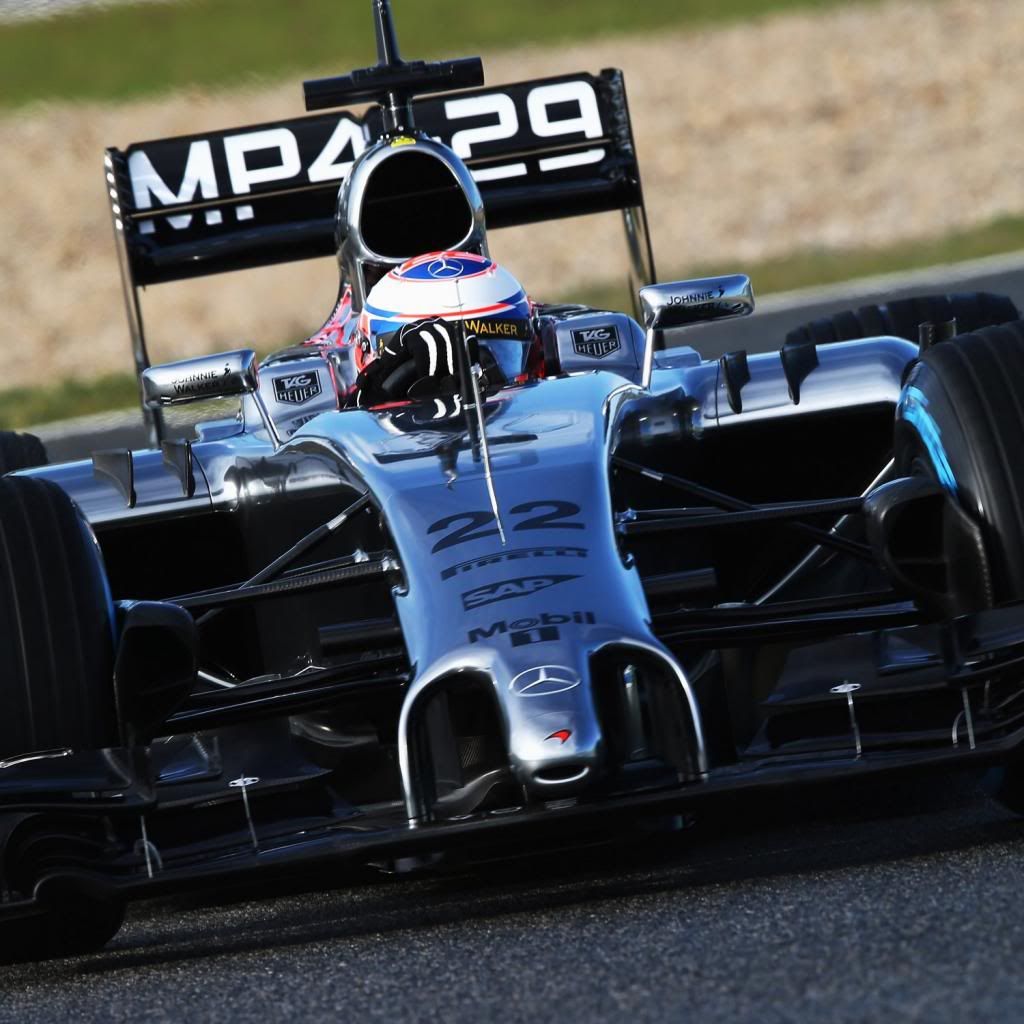richard_leeds wrote:Or perhaps Hamilton left his engine on the richer setting for longer than planned.
No he was just driving faster.
I think if a driver is faster, it is because he is braking later; coming of the gas later.
He is coasting less in the turn.
and He is getting on the gas earlier becuase he is confident in the rear end.
Looking on what it takes to have a faster lap time is inextricably linked to the engine's use of the fuel.
It's the same for having more downforce. You're on the gas earlier out of the turn, coasting less, and braking later.
So a faster driver will use more fuel all for being faster.
A faster car, all things like aero efficiency, enginge efficiency, being equal will have to consume more fuel because it's on the gas when others are on the brakes or coasting.
Saying all this, it's safe to say the average speed of the race is the best indicator for a fuel consumption calculation.
Hamilton's average speed was higher than the team thought; at least up to the point where he had to save. And in fact, his average speed would have been much higher had he been fueled properly.
Average speeds is pretty good at taking into account things like safety cars, traffic, degrading tyres, as the engine is being run differently for all these things.






